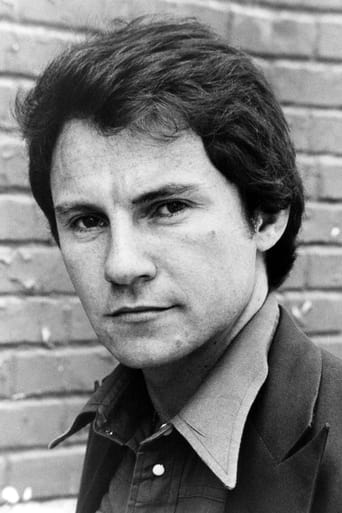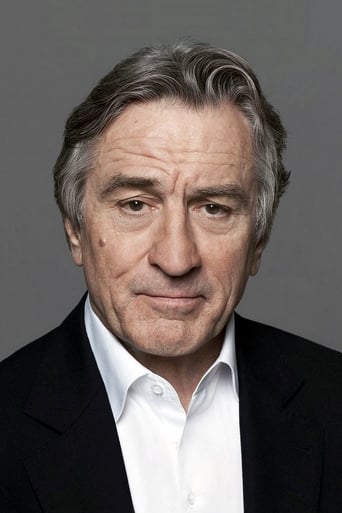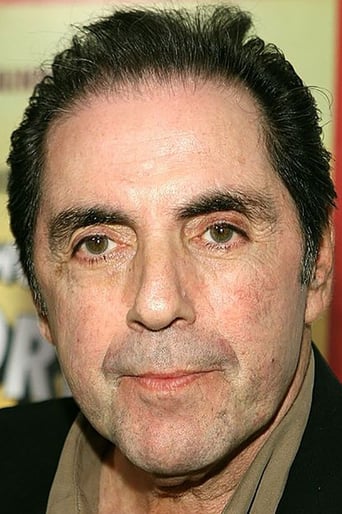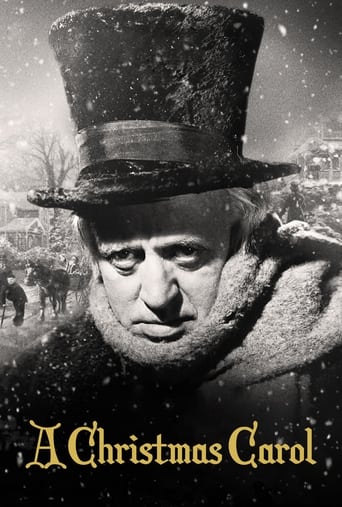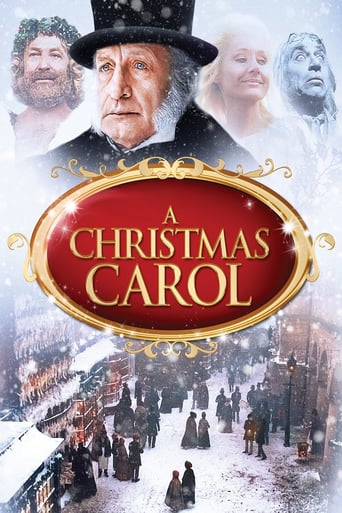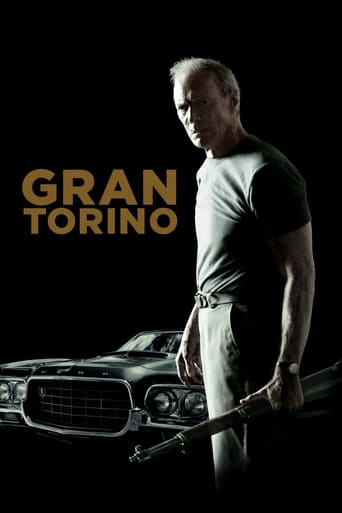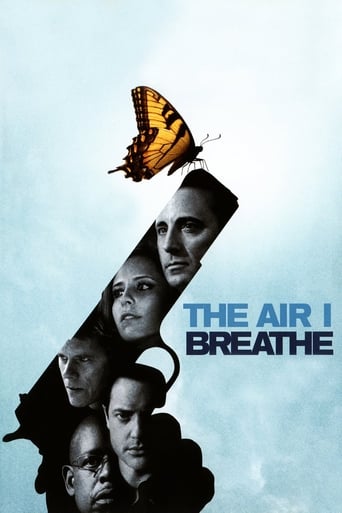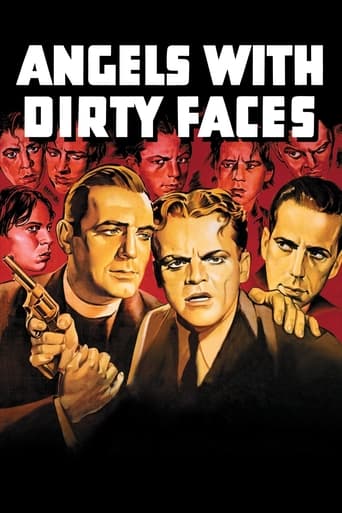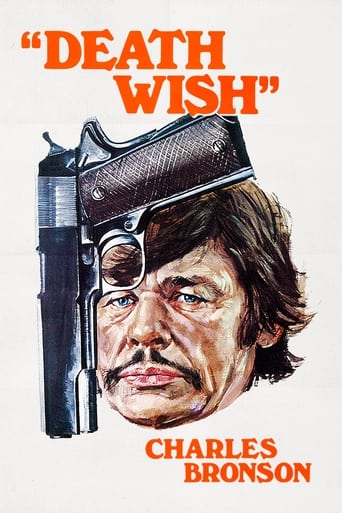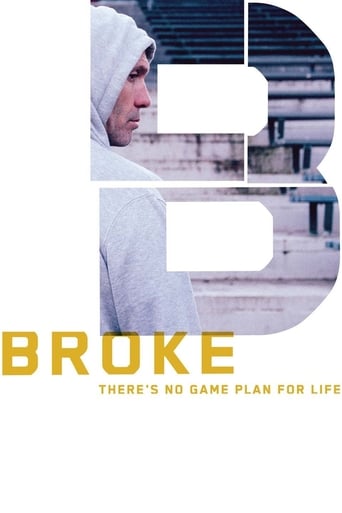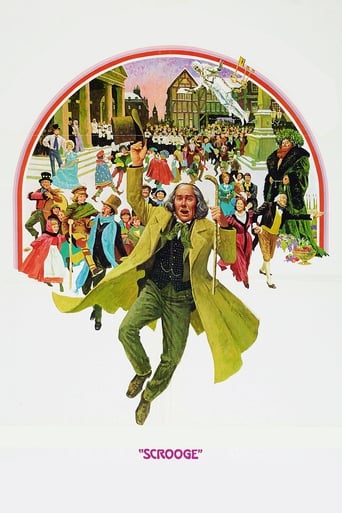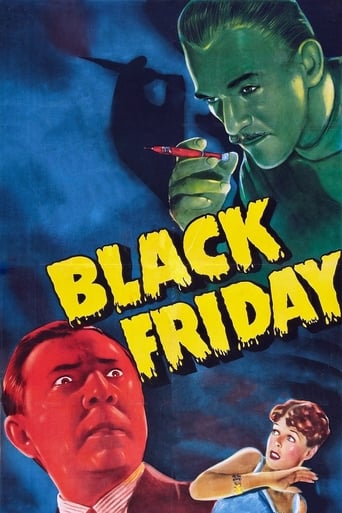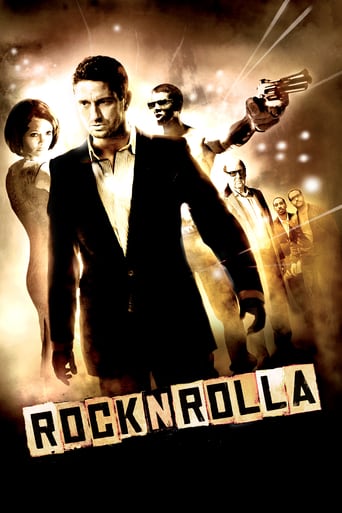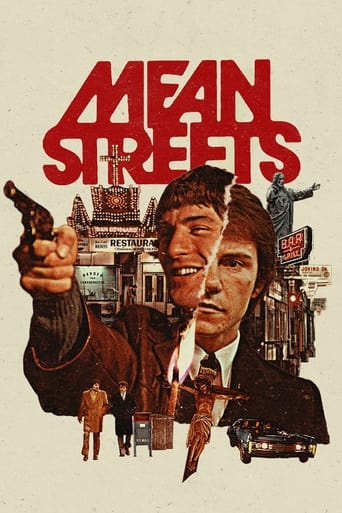
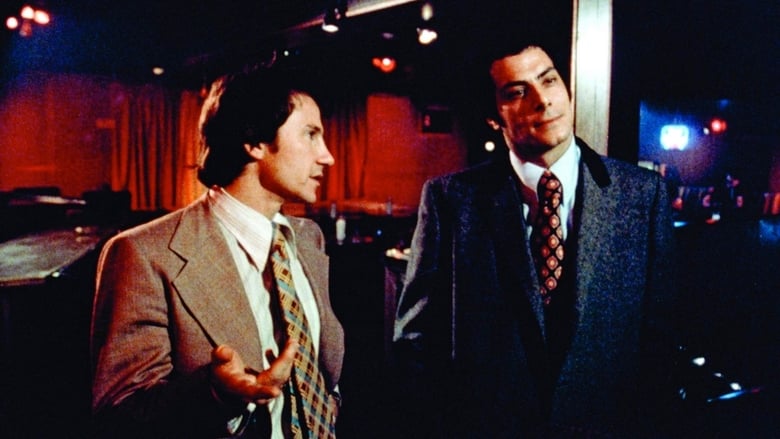
 Watch Now
Watch Now




Mean Streets (1973)
 Watch Now
Watch Now




A small-time hood must choose from among love, friendship and the chance to rise within the mob.
Watch Trailer
Cast


Similar titles
Reviews
It's fun, it's light, [but] it has a hard time when its tries to get heavy.
Instead, you get a movie that's enjoyable enough, but leaves you feeling like it could have been much, much more.
True to its essence, the characters remain on the same line and manage to entertain the viewer, each highlighting their own distinctive qualities or touches.
This is one of the best movies I’ve seen in a very long time. You have to go and see this on the big screen.
I was completely bored watching this movie. The character of Johnny Boy is one of the most annoying characters I've ever seen on film and I have no idea why anyone would protect him, help him, or assist him in any way, ever! I wanted to shoot him on my tv minutes after he came on screen! And what is the plot of this story? The most annoying man on earth owes someone money and he doesn't' pay? I'd give it just one star, but the music was good.
Mean Streets is a deeply personal crime film from Martin Scorsese. After a slew of subpar films, he directs a semi-autobiographical that's a love letter to New York's Little Italy where he grew up. I have not always been a big fan of this film. I've always liked it, but found it to be inferior carbon copies of future hoodlum flicks done by Scorsese himself and others down the road. I'm not changing my mind about this being the blueprint or that Taxi Driver, Goodfellas and Do The Right Thing were better. I also found this to be pretty similar to On The Waterfront, which is one of my 25 favourite films ever! Keitel works for the mafia and has an attack of conscience where his best friend that needs to be destroyed. In Waterfront: Brando works for the mafia, has an attack of conscience, and needs to take a stand against his superiors. Luckily for Mean Streets, there is enough originality and raw power to separate it from those and see that Scorsese simply drew cinematic inspirations from oldies and he is constantly outdoing himself in years down the road. For any more negativity I've had about Mean Streets in the past, I watched it with the wrong people and on bad days. The movie doesn't change, but days do. In the "neighbourhood" Charlie (Hardy Keitel's breakout role) is a devout Catholic and well- respected gangster. He goes to church to pay for his sins, but constantly saying standard prayers isn't much retribution. Scorsese voices Charlie's conscience and says "You don't pay for your sins in church, you do it in the streets." So true. This can be applied for all walks of life in how merely saying prayers isn't nearly enough that needs to be done to rectify sins. Charlie lusts and gets involved in violence and drugs, so his guilt is always there. He is caught in a vicious circle: he wants to live a clean life, but also wants to stay loyal and respectable among his peers. Rising to the top of the mafia underworld may give him some freedom. He works for his cousins and friends who are mobsters and loan sharks. His best friend is the psychotic Johnny Boy (Robert De Niro's breakout role too) who is less respectable than Charlie. The first half or so takes the viewer into the hellacious underworld. We get to see the shenanigans that they must deal with on a regular basis. In the basement bar, Scorsese carefully illuminates the scenery blood red. New York itself looks pretty normal. But the hangouts are their own worlds that look evil and vicious. There's areas that are not red but have minimal lighting for a similar effect. They are dungeons in the underworld. Sometimes Scorsese uses hand-held cameras to increase the intensity. Charlie is almost a free agent in the underworld he is so respected. Even the people not affiliated with his family like him. But Johnny Boy is becoming increasingly more hated by everyone. He doesn't pay his debts and his violent nature is getting out of control. He is like Joe Pesci in Goodfellas, but De Niro is much wilder. Charlie starts having a fling with Johnny's cousin and even she hates him. Charlie is conflicted in his loyalties, but he knows Johnny needs to be stopped. The intensity between these characters keeps growing and never stops until the wild finale. De Niro and Keitel are so good. De Niro was deserving on an Oscar win; Keitel, a nomination (1973 was a pretty competitive year for leads). Mean Streets paints the mafia in such a ugly light, not seen since the film-noir days. Wild The Godfather movies painted the mafia with a black brush, it isn't very common seeing mafia that high up. It is more common seeing mafia really low standing that aren't even the most elite in the city. And Scorsese creates an intimate portrait of life in crime and the consequences that come with it all. Scorsese shows us early on that he's a masterful film maker and that the two leads will take cinema by storm.
Mean Streets is a good movie with a reasonably well developed plot and a fantastic cast. This was the first major film to be released by director Martin Scorsese, and what a stellar beginning for such an outstanding career. It sets up a tone that he would adhere to for the next several years, conveying the crime scene in New York in a way that is not trying to intimidate its audience, but actually getting us to sympathise with these criminals. It has very little plot, the majority of the movie is just a collection of clips of people committing crimes, discussing crimes or other legal matters. While these scenes are well executed and shot, we are not given an actual story to follow along to until much later on, which made it a little disengaging. Harvey Keitel's character is also quite bland. I do not blame him as a performer for this, but the writers, there were plenty of characters throughout, particularly Robert De Niro's, whom I thought would have made the movie so much more interesting had they been given the lead role. Charlie was neither likable nor intriguing enough to carry the film. It's a stellar beginning from Scorsese. While it may fall flat on certain occasions, Mean Streets is still an entertaining flick that is worth the watch if you are looking for a good crime. Charlie aspires to work his way up in a local mob business in New York City. Best Performance: Robert De Niro
I'm not a big Martin Scorsese fan. "Goodfellas" is a true classic I enjoy, but that's not something I can say about his other films. Still, there's a lot of meat to his movies, and you see his vision fleshing out nicely in this confusing yet involving drama.Charlie (Harvey Keitel) is a small-time mobster with dreams of making it big in his neighborhood. He's held back by spiritual concerns as well as a sense of obligation to his loose-cannon buddy Johnny (Robert De Niro) and Johnny's cousin Teresa (Amy Robinson) with whom Charlie is involved. In time, these concerns become dangerous dead weights to Charlie's aspirations."We talk about penance and You send this through the door," Charlie says to God as we watch Johnny making a carefree entrance in the gang's watering hole. "Well, we play by Your rules, don't we?"Actually, we are playing by Martin Scorsese's rules, which means a lot of idle banter and male bonding occasionally interrupted by fisticuffs and/or gunshots. If you enjoyed "Goodfellas," you may be entertained like me by "Mean Streets'" atmosphere of casual danger and goofy laughs. Actually, "Mean Streets" isn't as hard-toned as what you might expect from seeing "Goodfellas;" actual killings are kept to a minimum. But I missed a serious stab at story or structure.There are some visually strong sequences in "Mean Streets." I like the opening credits, which features a home movie. We see Charlie shaking hands with a priest on church steps. Just as the credit comes up "Directed by Martin Scorsese," we see Charlie direct the priest to move into the sunlight for a better shot. It's a clever nod to who this story's protagonist really is.In his typically warm and engaging DVD commentary, Scorsese calls the film "a declaration or statement of who I am" at the time the film was made. Charlie, like Marty, is very likable, a "politician" trying to smooth the waters Johnny roils. It's the film's key problem that, outside of the religious overtones, we don't understand why Charlie cares so much.Johnny is a nasty piece of work, unable to hold his peace even when it's for his own good. This was Scorsese's first collaboration with De Niro, and the actor gives an electric performance, but it lacks for empathy or understanding. He's going to make trouble no matter what Charlie does. Once you realize this, it becomes a weight and a roadblock.Scorsese does plug into the world of New York's Little Italy, his own home neighborhood, in a way that feels vital. There are funny moments on the journey. I like the dialogue Charlie and Johnny have about a pair of girls. Johnny says he wants the one on the left."Your left or my left?""We're both standin' the same way."Scorsese says he was influenced here by Abbott & Costello; it's a welcome relief from his heavier, left-field allusions to William Blake or inserts from famous movies like "Gilda" and "The Searchers."{SPOILERS} And what's the deal with the ending? I get that Johnny has an overdue date with danger, but why is Charlie punished, too? If his problem is standing up for Johnny, he isn't doing so at anyone else's expense. He's as invested as anyone in making restitution, so why is he targeted? Also, I don't understand the objection to Teresa. Charlie's mob-boss uncle tells him she's "sick in the head" because she has epilepsy, but you know who else had that problem? Julius Caesar, the greatest Italian mob boss in history. So what's the real issue? {SPOILERS END}Overall, the film betrays signs of sloppy editing, and includes a lot of go-nowhere scenes that mark time around its undernourished plot. As a story, it's lacking. As a cinematic tone poem, it hits many marks and leaves an impression. So I guess I like it, enough to recommend it to those who liked "Goodfellas." Just don't expect the same kind of film.



